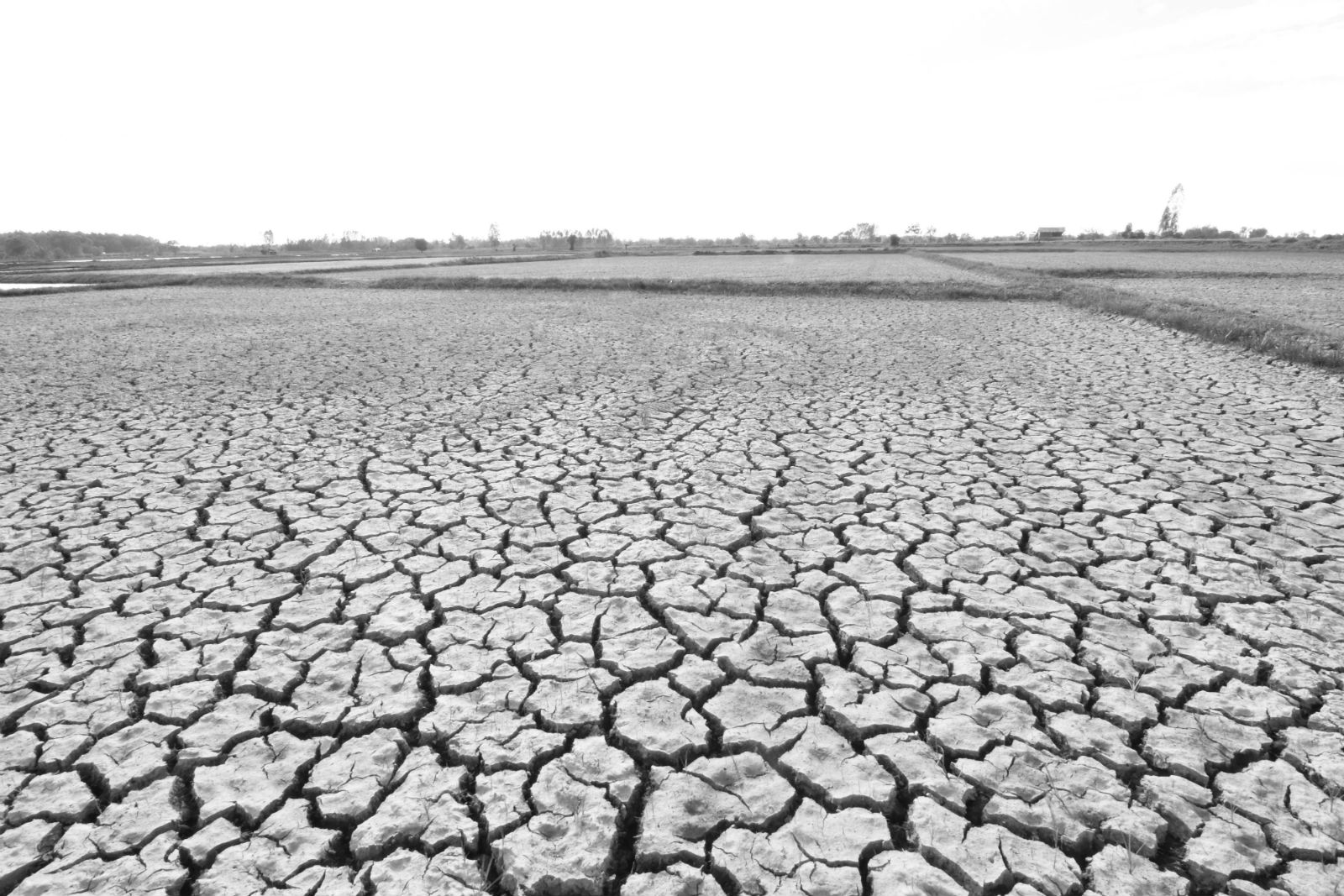Egypt’s current policies aren’t enough to curb emissions, says World Bank

Egypt could reach extreme water scarcity by 2033 if population growth continues along its current trajectory, according to a World Bank report (pdf). Launched on the sidelines of the COP27 summit yesterday, the report highlights the most serious climate challenges facing the country in the coming years and proposes a number of responses policymakers can make to mitigate and adapt to the climate crisis.
Almost every single one of us is already impacted by climate change: Of those living in Egypt’s 14 major cities, between 80% and 100% of people are vulnerable to at least one major climate risk, including flooding, heat stress, pollution, desertification and rising sea levels, the report says. On the current trajectory, this will only worsen as the volume of water in the Nile decreases, sea levels rise, and the country’s population grows.
Right now, more economic growth = more emissions: Though Egypt only accounts for a small percentage of the world’s emissions, the quantity of CO2 the country produces remains “tightly linked” to economic growth, with the industrial and energy sectors being responsible for more than three-quarters of emissions.
Current targets are not enough: With Egypt not yet committing to reach net-zero, the Bank says that the current policies will not be enough to significantly lower emissions. Though it will be able to meet its updated nationally determined contributions (NDCs) by 2030, the Bank’s analysis predicts emissions will be 55% higher than current levels by the middle of the century.
The solutions: The Bank goes into detail about the potential policy responses that could help Egypt use its water resources more efficiently, adopt more ambitious emissions-reduction targets, and attract investment into priority areas.
The private sector — and fostering a business-friendly environment — will be key to solving these challenges: “The private sector can play an absolutely critical role” in helping Egypt curb its vulnerability to climate change, Marina Wes, the World Bank's country director for Egypt, Yemen and Djibouti, told Enterprise. “Financing needs are very large, and a significant portion would have to come from the private sector. To unlock the full potential of private-sector funding, it’s absolutely critical to have an enabling environment in place and a policy environment in place that is conducive to raising such finance.”